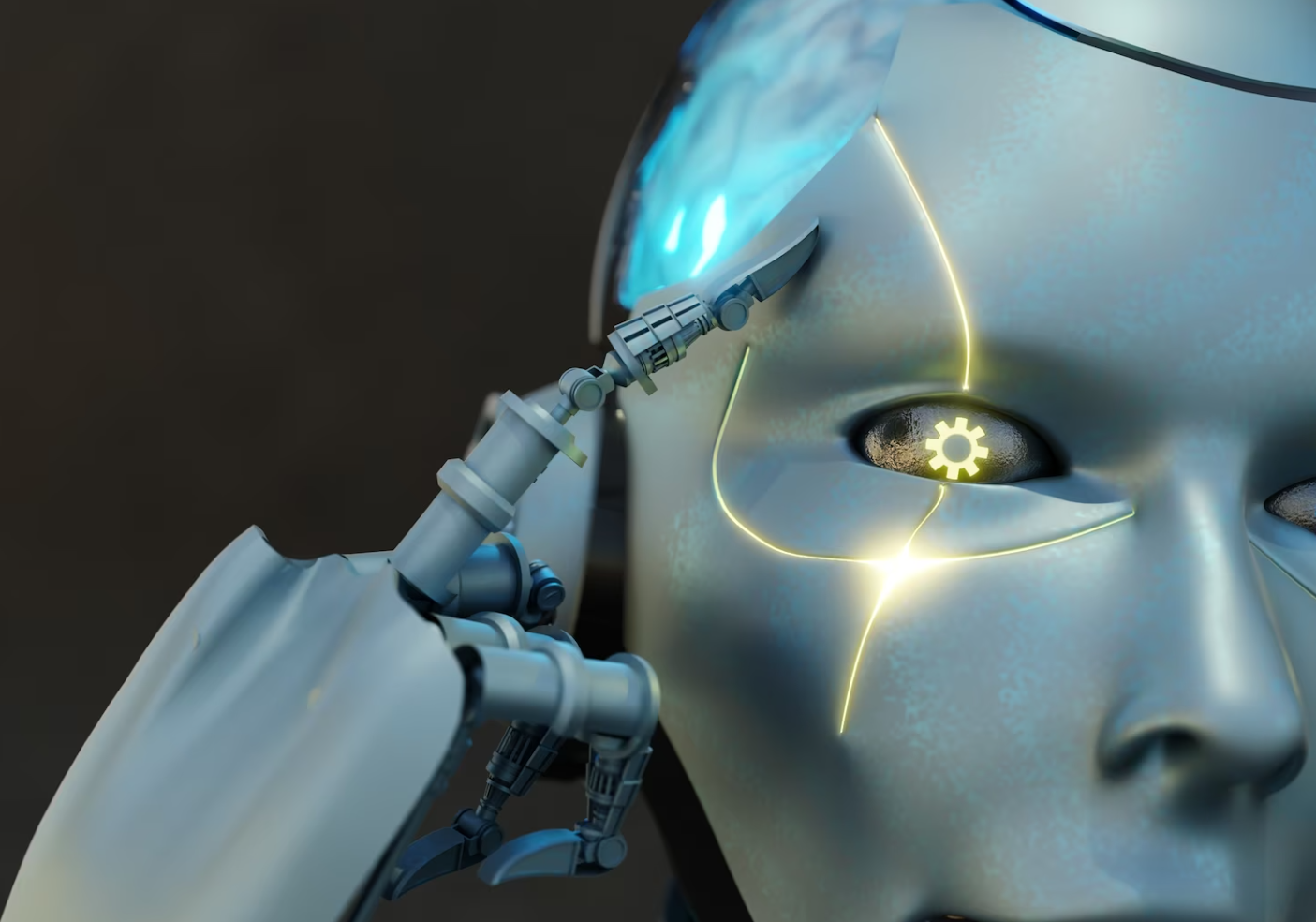Is artificial intelligence a threat to human authors?
Are AI writing tools like Chat GPT able to replace human writers?
As artificial intelligence (AI) continues to advance, there has been speculation about whether it could eventually replace human authors in the writing process. While AI has certainly made great strides in natural language processing, there are several reasons why it is unlikely to fully replace human authors in the near future.
One of the main limitations of AI is that it is only as good as the data it is given. While AI can analyze large amounts of data and identify patterns, it does not have the ability to think critically or creatively in the same way that humans do. This means that AI is best suited for tasks that involve analyzing and organizing information, rather than generating new ideas or concepts.
In contrast, human authors are able to draw on their own experiences, emotions, and insights to create unique and engaging content. They have the ability to craft compelling storylines, develop rich characters, and convey complex ideas in an engaging and accessible way. This kind of creative thinking is simply not something that AI is capable of replicating.
Another factor to consider is that writing is not just about the words on the page. It is also about the structure and organization of the text, as well as the tone and style of the writing. These elements are all important in conveying the intended message and engaging the reader. While AI may be able to generate coherent text, it is unlikely to be able to capture the nuances of writing style and tone that are so important in effective writing.
Furthermore, writing is a social activity. It requires collaboration and feedback from other people in order to produce the best possible results. AI does not have the ability to engage in this kind of social interaction, which is a key aspect of the writing process.
It is also worth noting that writing is not just about producing words on a page. It is also about research and fact-checking, which are important skills that are difficult to automate. Human authors are able to dig deep and find sources of information that are relevant and accurate, while AI systems may rely on incomplete or biased data.
So, while AI may be able to assist with certain aspects of the writing process, it is unlikely to fully replace human authors. Instead, it is more likely to be used as a tool to help writers organize their thoughts and streamline their workflows.
Keeping all of this in mind, I believe that for university students interested in pursuing a career in writing, it is important to focus on developing the skills that are uniquely human. This includes honing your creative writing abilities, learning how to engage with your audience, and being able to think critically and communicate effectively. By cultivating these skills, we will be well-equipped to succeed in the rapidly evolving world of writing, regardless of the role that AI may play.
What do you think?
Now, what if I told you that almost the entire article up to this point was written by Chat GPT, an AI writing program, given the prompt “Write a 700-word opinion article for university students about if AI can replace authors”? Does that change your answer?
The fascinating world of AI and its impacts on society are truly unknown and ever-growing. By the time we begin to uncover a fraction of it, it will have changed even more. Both terrifying and thrilling, AI is just getting started.


Love this, Hamna!